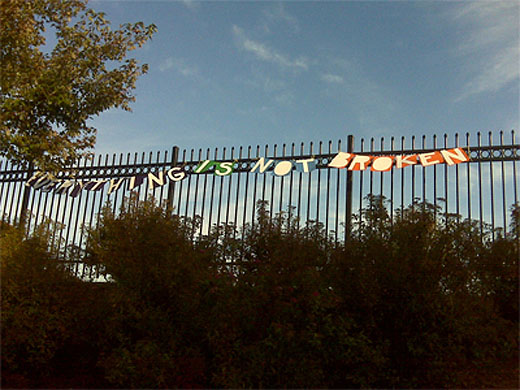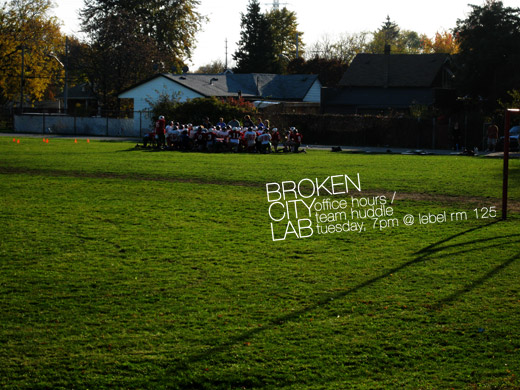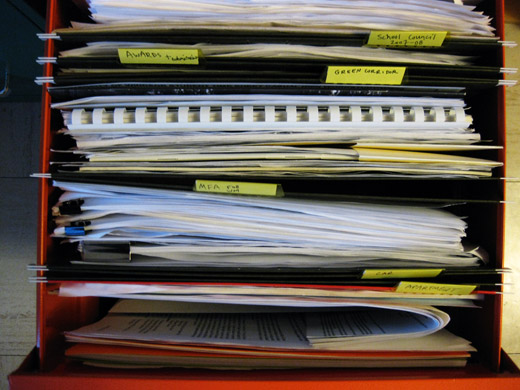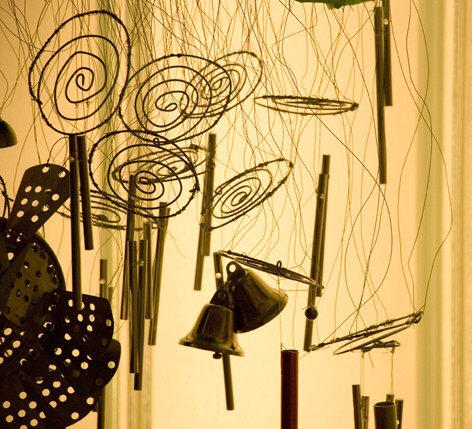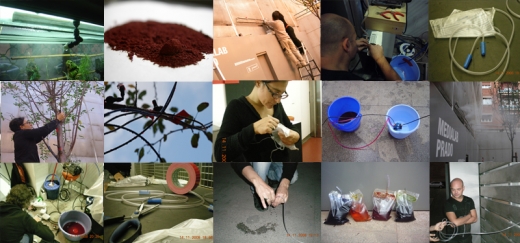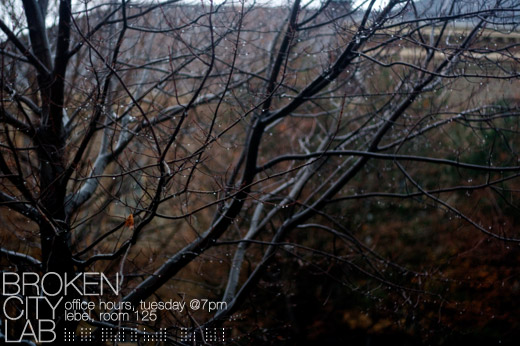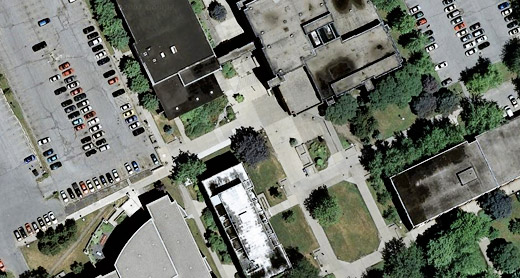
I saw an article on GOOD Magazine today that talked about initiatives that US colleges on the west coast are taking on to encourage more students biking to school. Among these initiatives are giving out free bus passes, car and bike sharing programs, shortening the school week and even paying students not to drive.
The University of Windsor (partly pictured above), as a commuter school, is essentially surrounded by parking lots. For some students, coming up from Essex County or even Tecumseh, taking public transit is not an option… (Let’s forget that there was once a commuter train that went from Kingsville, through Essex, and into Windsor). There are a number of obstacles for other students to get to school, even if they live within range of Transit Windsor’s routes—namely that it takes far too long to get to school by bus and to take a bicycle anywhere but along the riverfront is taking your life into your own hands.
There are proposed solutions to make the campus into more of a campus, with a sustained student body, and less of a drive-thru educational depot, such as increasing the cost of parking even more, and I’m wondering if the next few years might not be especially crucial to shift the student body onto public transit. With the economy so depressed, affording gas, insurance, parking, and car payments may be impossible, so why isn’t there another referendum to try to instate a University bus pass? Especially for students at Lebel, making it to main campus and back again in time for classes that are back to back is difficult, what if there was an electric shuttle that could get you back and forth in five minutes? How much would you be willing to add to your tuition for that? What if there was a dedicated bike path from Lebel to main campus? What if there was a bike sharing program with drop-off points at Lebel, the St Denis Centre, Odette and the Library? Should we buy some bikes and make our own bike-sharing program?


